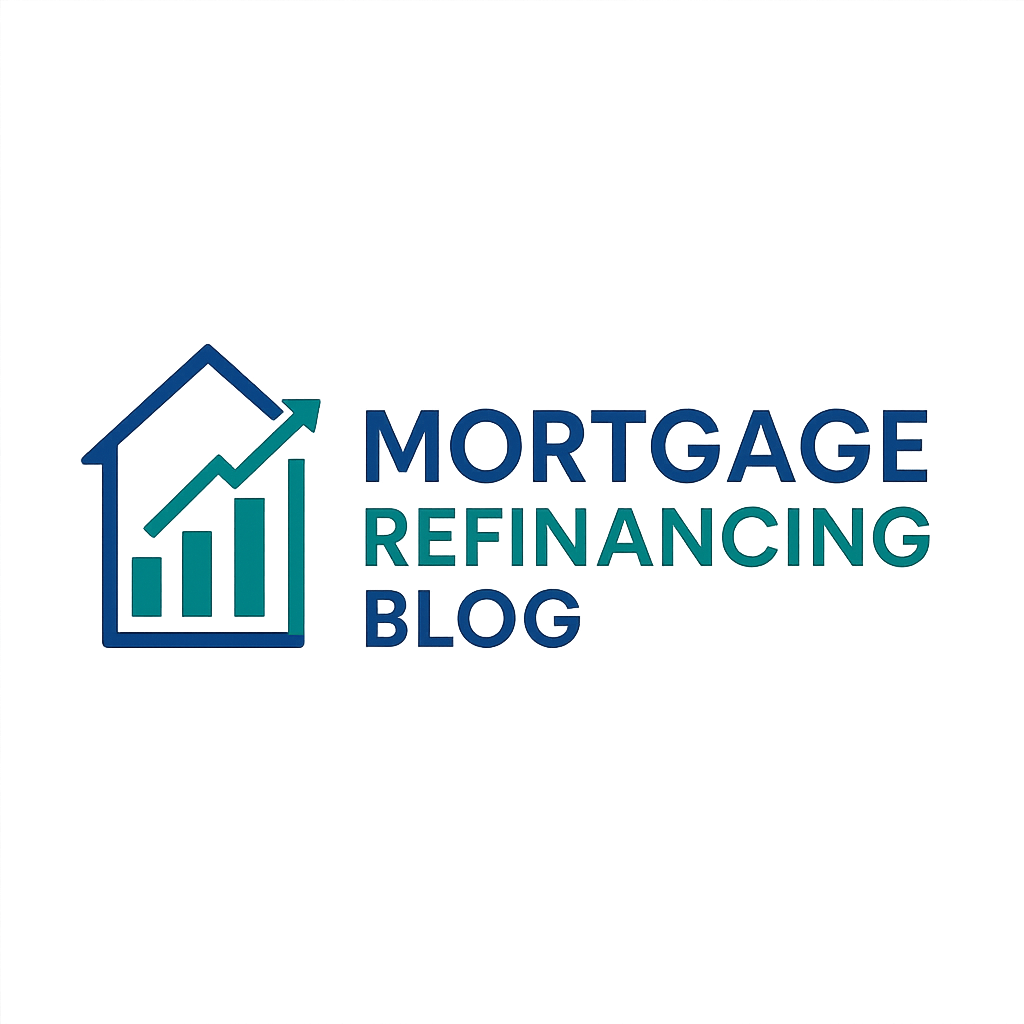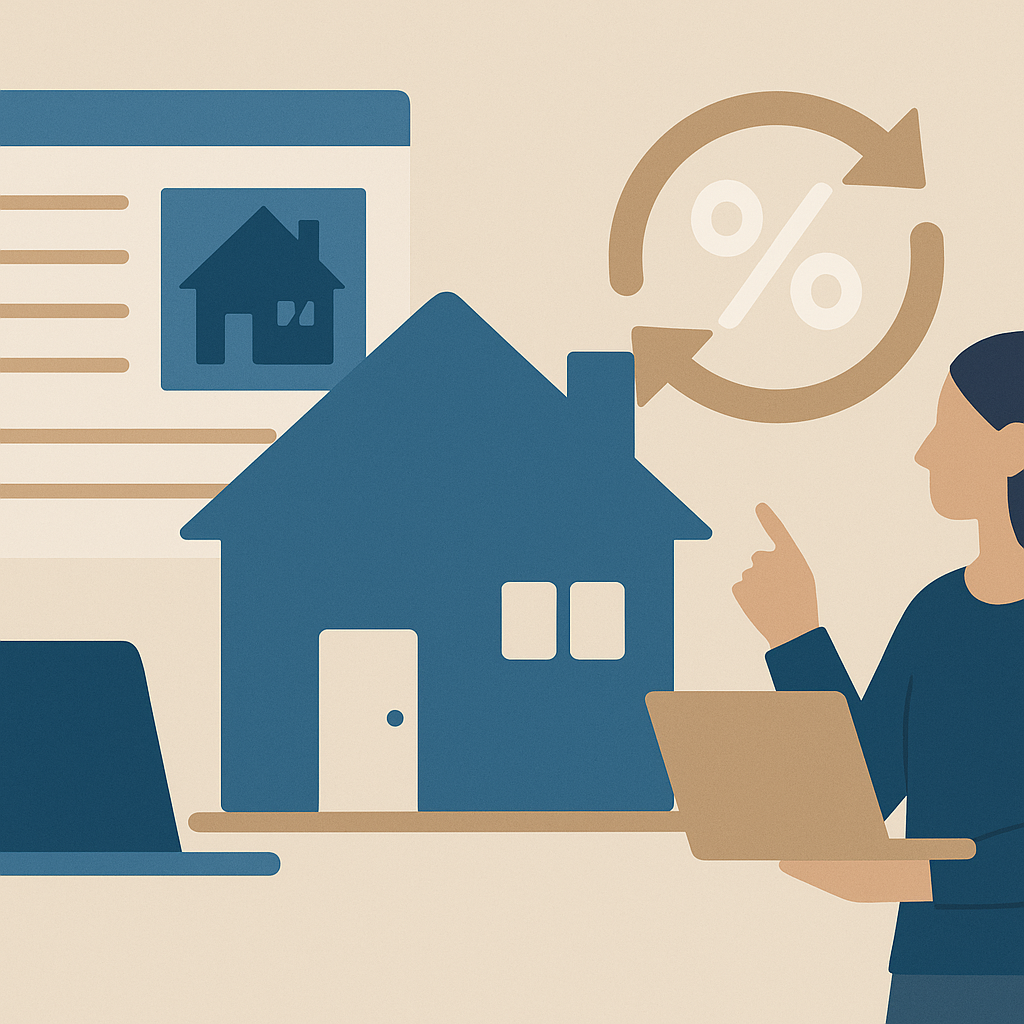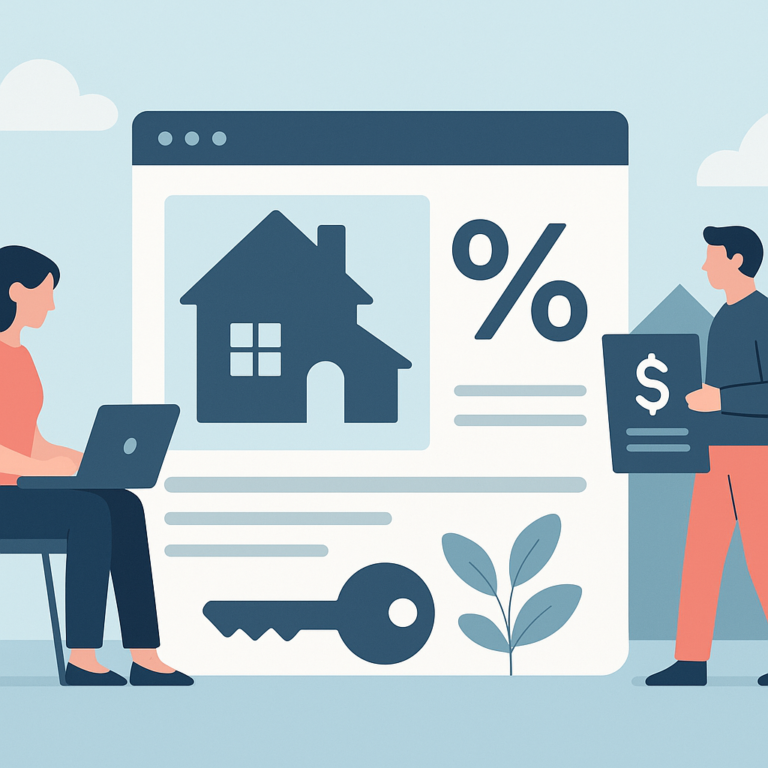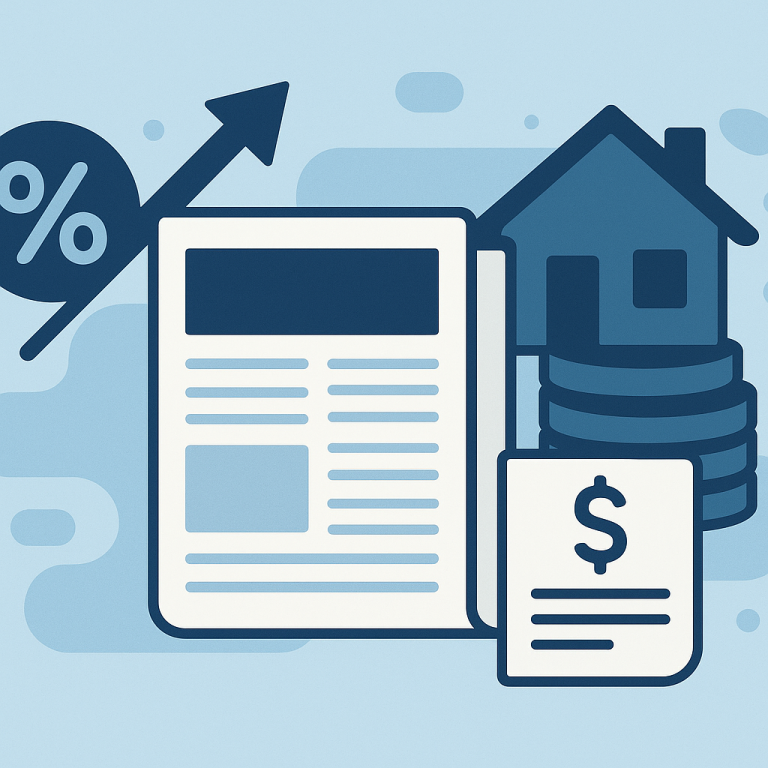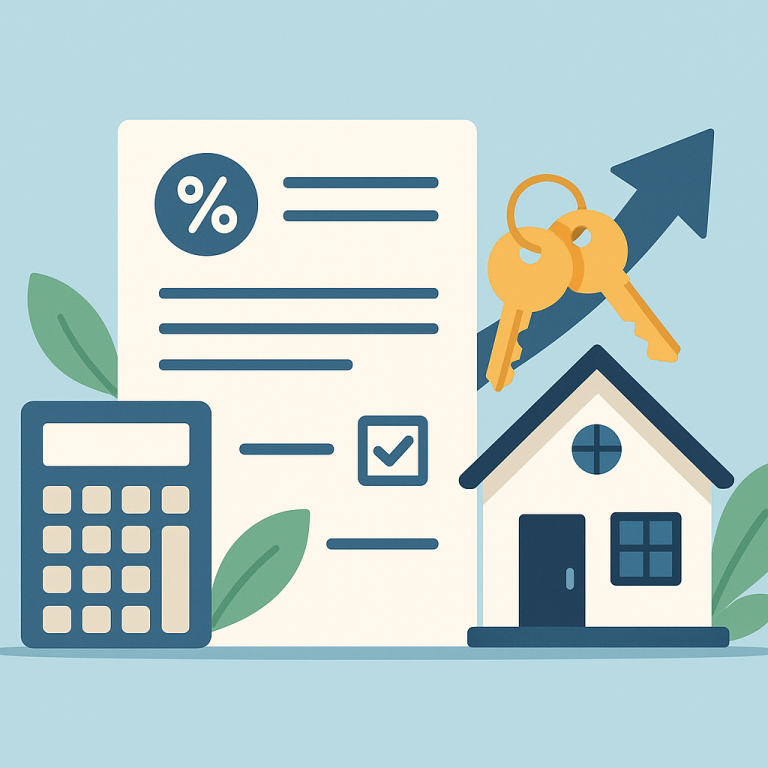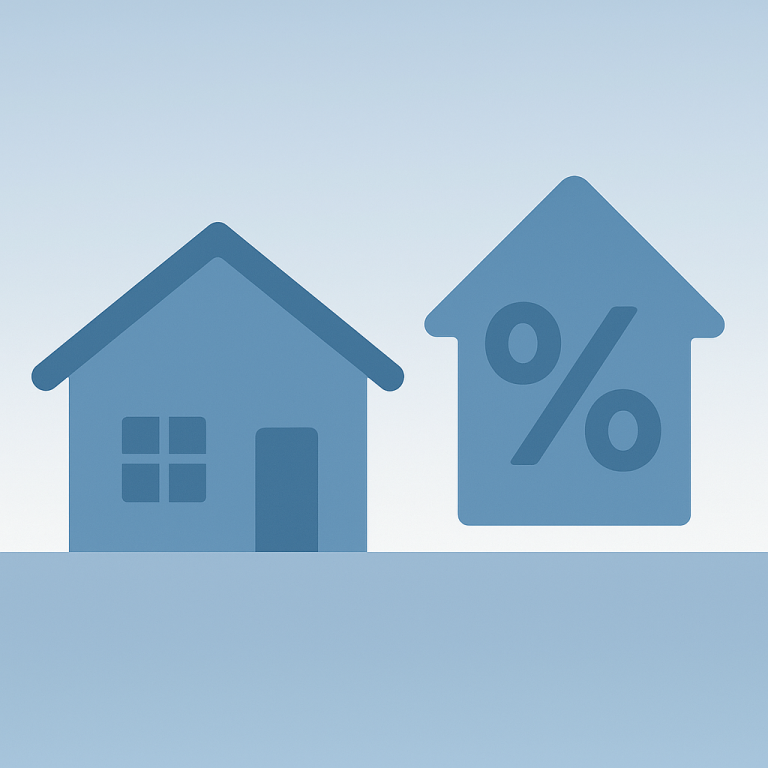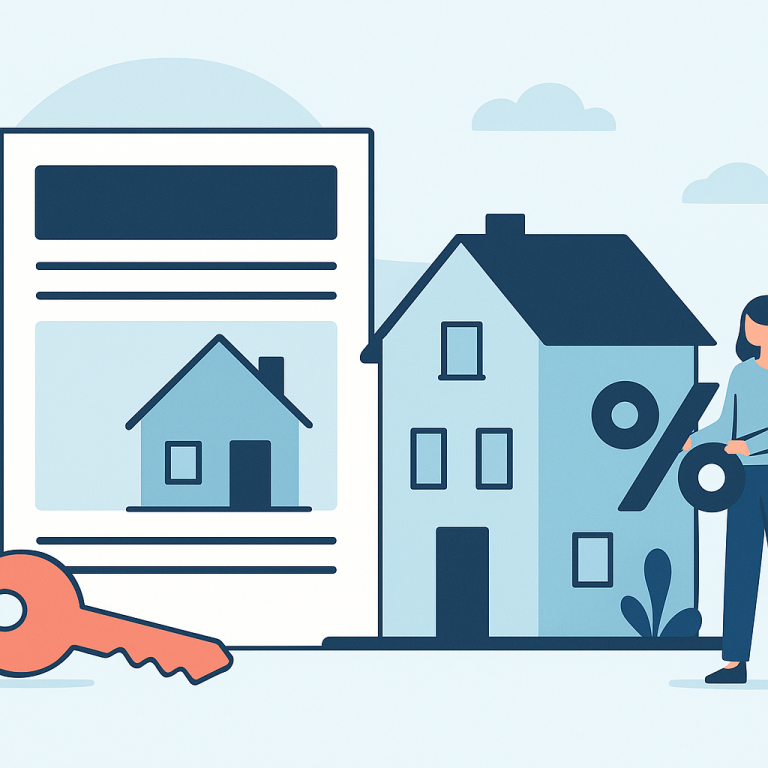30-Year Refinance Rates Drop to 4.25% After Treasury Yield Slide
At a glance: The latest mortgage rate drop and how it could affect refinancing decisions.
Mortgage rates have moved lower. That can improve affordability and may reopen refinance options for borrowers whose current rate is above today’s quotes.
What the Rate Drop Means for Borrowers
Mortgage refinancing that once offered near-universal savings for homeowners has become a more selective financial move. With market conditions and lender behavior evolving, refinancing is now often advantageous only for borrowers with specific goals and sufficient equity. Homeowners should shift from a reflexive “refinance whenever possible” approach to a targeted evaluation of costs, timelines and long-term plans.
Why refinancing is more selective today
Several market dynamics have tightened the circumstances under which refinancing makes clear sense. Interest rate movements have reduced the frequency of dramatic rate differentials that used to justify routine refinancing. At the same time, lenders have adjusted underwriting and pricing practices, meaning the potential savings vary more by borrower profile. Closing costs, fees and changes to loan terms can offset headline rate improvements, so the net benefit is often narrower than it appears.
Key factors homeowners should evaluate
- Projected monthly and lifetime savings: Compare the new payment and total interest over the period you expect to hold the loan against the costs of refinancing. The cleaner the math—meaning clear, sustained savings—the stronger the case to refinance.
- Break-even timeline: Estimate how long it will take to recover closing costs through lower payments. Shorter expected home tenure reduces the likelihood that refinancing will pay off.
- Equity and loan-to-value considerations: Adequate home equity can open better pricing and avoid private mortgage insurance. Limited equity may limit options or add costs that erode benefits.
- Credit profile and documentation: Your credit score, debt-to-income ratio and overall financial profile affect the interest rates you can secure. Improving credit before shopping lenders can materially change the outcome.
- Loan term and amortization impact: Moving to a new term can lower payments but extend the period over which you pay interest. Shortening the term may increase monthly payments but reduce total interest paid.
- Purpose of the refinance: Distinguish rate-and-term refinancing from cash-out refinancing. Cash-out may satisfy renovation or debt consolidation needs but changes equity and potentially monthly costs.
Practical steps for homeowners considering a refinance
Start with clear goals: are you seeking lower monthly payments, a shorter payoff horizon, or access to home equity? Request detailed Loan Estimates from multiple lenders so you can compare rates, fees and closing costs. Factor in non-obvious expenses such as appraisal fees, title charges and potential prepayment penalties on your existing mortgage. If your objective is cash-out, weigh alternatives such as home equity lines of credit, which may carry different rate structures and fees.
Pay attention to timing and documentation. Locking a rate can protect against short-term volatility, but rate locks have expiration limits that should align with your expected closing schedule. Review tax implications and, if applicable, how mortgage insurance requirements may change with a new loan.
Homeowner takeaways
- Refinancing is most compelling when it produces clear, sustained financial improvement after accounting for all costs.
- Run a break-even calculation tied to how long you plan to keep the home before committing to a refinance.
- Shop multiple lenders and examine full Loan Estimates—not only the advertised rate—to compare net benefits.
- Consider alternatives to full refinancing, such as a HELOC or targeted loan-term adjustments, depending on your goals.
- Consult a trusted mortgage professional to model scenarios tailored to your credit profile and long-term plans.
For many homeowners, refinancing remains a useful tool, but its advantages are often conditional. A disciplined, goal-oriented evaluation will identify whether refinancing will support your financial objectives or if alternatives are better aligned to your situation.
META: refinancing, homeowners, mortgage, refinance-takeaways, personal-finance
